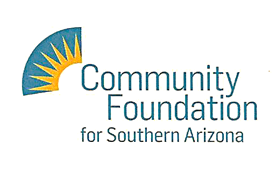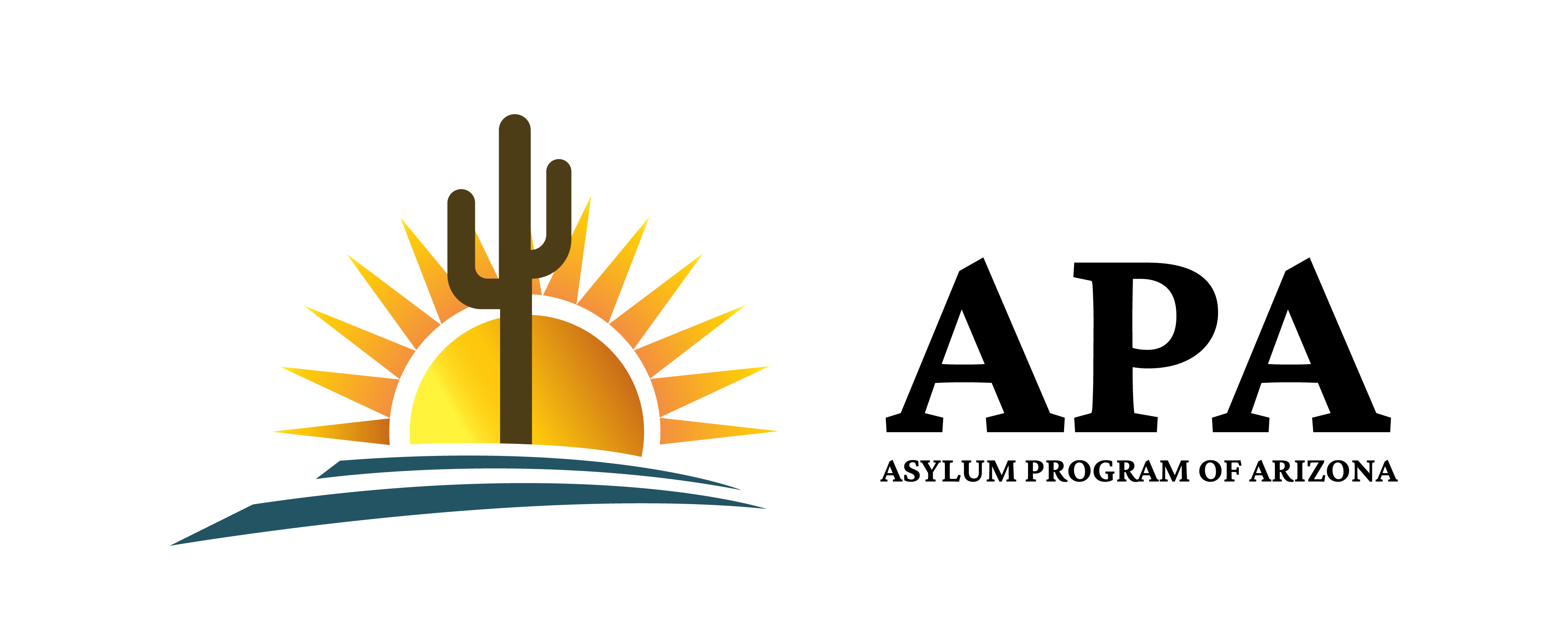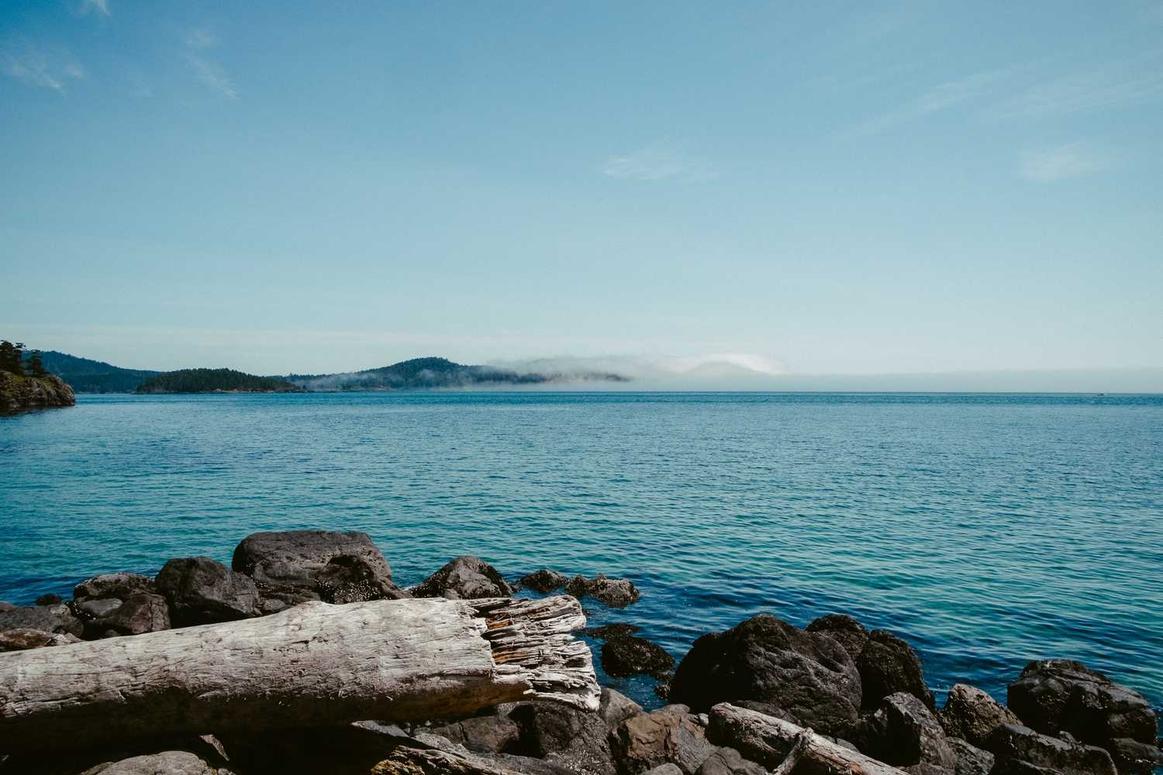Case Profile:
DV Survivor Granted Asylum Seven Years After Applying
“In Honduras, a dead woman is just a statistic.” – Mother of murder victim Contracorriente, August 8, 2020

Having requested asylum in 2016, a Honduran survivor of extreme domestic violence and her two daughters have finally won their case after seven tedious years of uncertainty.
The trek through the legal system
by “Carmen” and her children involved two immigration judges, the Board of Immigration Appeals (BIA), and the Ninth Circuit Court of Appeals – plus countless hours of pro bono and low-bono legal assistance by Asylum Program of Arizona (APA) board attorneys and attorneys recruited for Carmen by APA.
APA negotiated and paid all attorney fees (totaling less than $3,000), with most work provided for free by APA attorneys and others.
Having suffered frequent brutal beatings at the hands of her violent domestic partner while authorities turned a blind eye, Carmen and her children fled Honduras. Her partner had vowed to kill her if she left him.
Honduras has the highest femicide rate in the Latin American region, with 6.2 cases per 100,000 inhabitants. – UN Sustainable Development Group, December 2021
In 2016, APA recruited Mo Goldman, a private attorney, to help Carmen apply for asylum. Mo represented her in Immigration Court.
Immigrants may qualify for asylum if they can prove a well-founded fear of persecution due to their race, religion, nationality, membership in a particular social group, or political opinion.
Mo argued that Carmen qualified for asylum based on her membership in a social group – battered Honduran women who are unable to escape a domestic relationship. The Obama Administration had recognized such groups as valid for asylum purposes.
The judge denied asylum based on what lawyers on APA’s board determined was faulty reasoning. APA recruited another attorney who appealed Carmen’s case to the BIA. It was again denied.
APA helped Carmen file papers to appeal to the Ninth Circuit, and to request appointment of pro bono counsel. Ultimately, the case was sent back to the Immigration Court, this time with a different judge.
That judge agreed with Carmen’s attorney that evidence of country conditions combined with Carmen’s testimony showed that her fear of persecution was well founded given her own abuse history and lack of an effective police response to domestic violence. She won asylum in August 2023.
(Honduran) Women who dare to report domestic violence do not receive timely care and attention – they are not safe – and this can end in femicide. – Contracorriente, August 8, 2020
Many thanks to those who provided Carmen with legal assistance for little or no remuneration:
- University of Arizona Immigration Law Clinic students conducted the initial client interview and prepared a detailed memorandum for case referral.
- The APA board of directors approved funding and Board President Lynn Marcus, recruited attorney Mo Goldman to represent Carmen at a low bono rate
- Shefali Desai handled the case pro bono before the BIA.
- APA volunteer attorney Erika Kreider prepared all paperwork to launch the appeal to the Ninth Circuit Court and continued to help the client over the years with work authorization renewals and other matters.
- Attorneys at the law firm of Gibson, Dunn, and Crutcher handled the Ninth Circuit appeal.
- Lynn wrote a brief arguing to the BIA that the case should be granted or sent back to the Immigration Court.
- Mo again represented Carmen in Immigration Court, this time pro bono.
Asylum Granted!
AFRICA — Georges was at his home in east Africa when government security agents came calling.
For no apparent reason, they took him to headquarters for interrogation. Under duress, he agreed to show his “patriotism” by spying on someone he had met through his work; that person was allegedly trying to foment armed revolution in a neighboring country.
Georges never spied as he had promised. As a result, he was arrested again, and this time placed in a cell with torture victims. The security police told him to either complete his assignment or face the grim fate reserved for perceived government opponents.
Upon his release, he fled the country. After that, his family’s home was searched, several friends and relatives were arrested, and some were killed.
An APA volunteer attorney helped Georges file his asylum application and represented him at his asylum interviews in Phoenix. He was granted asylum.
CENTRAL AMERICA — Shot by police during a demonstration, Jairo avoided going to the hospital to have his wounds treated for fear of being arrested and jailed. But, police sought him at his home and workplace. He fled the country with his wife and child.
APA recruited a private attorney, Siovhan Ayala, to represent Jairo’s asylum case and shared the cost of attorney fees with him. The family was granted asylum in February 2023.
APA Enables Haitian Protection Seekers To Receive Temporary Protected Status
A young Haitian man and woman have been granted Temporary Protected Status (TPS) after fleeing for their lives.
Due to his work related to Haiti’s election system, “Jean-Paul” suffered multiple beatings and death threats from various actors.
His companion, “Claudette,” was repeatedly threatened because she is the child of an opposition party political activist who also had fled the country.
APA volunteer attorney Erika Kreider helped Jean-Paul and Claudette file for TPS, a program for people of certain countries plagued by natural disaster or civil war.
Erika also helped them file asylum applications. Their TPS status allows them to live and legally work in the U.S. for up to 18 months, after which the U.S. government may renew their status. Having asylum applications on file protects their right to seek asylum when their TPS designation expires.
APA by the Numbers
During the first 11 months of 2023, APA:
- Helped asylum seekers in 37 cases involving 64 individuals, providing advice in nearly every case.
- Provided free legal services in 14 cases.
- Provided funding for legal representation in 13 asylum cases.
These critical services were provided by volunteers on a budget of under $40,000, 98% of which was paid to private immigration attorneys to represent cases for asylum.
Thank You

- Heilena Henrikson Legacy Fund (Lutheran Church of the Foothills), held at the Community Foundation for Southern Arizona, for a $20,000 grant to help APA maximize fundraising through social media.
- Fowler Community Service Fund, St. Michael’s and All Angels Episcopal Church for a grant of $1,000.
- Arizona Chapter of American Immigration Lawyers Association for a grant of $1,000.
- Approximately 60 individual donors.



